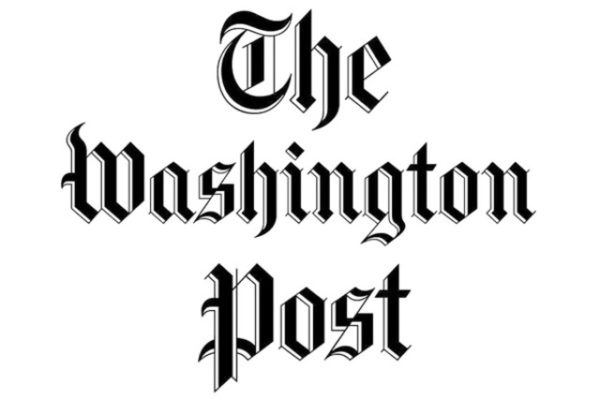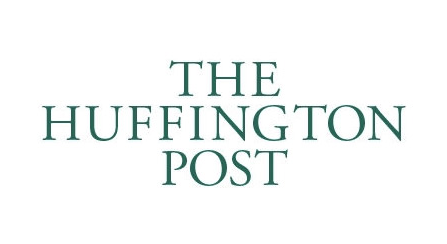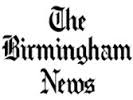Pharmaceutical Pricing Fraud
What is Pricing Fraud and Why is it Harmful?
In order to bill the Medicare and Medicaid programs for pharmaceutical products, drug companies and pharmacies must agree to charge these taxpayer funded programs no more than they typically charge commercial customers. This law is critical to the viability of Medicare and Medicaid because these programs are not allowed, by law, to negotiate drug prices and are must attempt to keep prices fair by “piggybacking” the prices charged to commercial customers.
“Taxpayers rightly expect large pharmaceutical companies will not falsely report prices to boost profits. Any drug company shirking those responsibilities can expect to be held accountable for its deception.” – U.S. Department of Health and Human Services Office of Inspector General Special Agent Phillip Coyne
The pursuit of profit and disregard for the taxpayer’s bottom line has led to various pricing schemes used to manipulate the market and cheat government programs. These schemes generally involve offering a discounted price to commercial customers and then fraudulently reporting to government programs the commercial customer paid a higher price, which the government then pays. To allow the pharmaceutical market to be somewhat competitive, pharmaceutical companies are permitted to offer discounts to commercial customers but then are required to provide rebates to government programs to account for the discounts. Although, when these rebates are not provided, in full, government health care programs have been defrauded and the False Claims Act has been violated. Essentially, what these schemes do is allow the pharmaceutical industry gain sales volume from commercial customers, who can freely negotiate prices and nimbly move to competitors, then up-charge and make large profit margins on sales to government beneficiaries.
These pricing schemes affect not only taxpayers in general but also Medicare beneficiaries, often fixed income elderly citizens, who have to pay an inflated copay for their Medicare prescriptions. Also, as many drugs are paid for by Medicaid, inflated pricing schemes jeopardize the program that protects the most vulnerable citizens and where copays are requires for Medicaid provided drugs, billion dollar pharmaceutical companies who inflate prices are stealing from citizens living below or near the poverty level. Considering the massive volume of Medicare and Medicaid provided drugs, $85 billion and $22 billion in 2014, respectively, fraudulently reporting drug prices, even if the inflated amount is relatively small can result in massive overpayment by the government.
“Frohsin Barger & Walthall Wins $75 Million Medicare Fraud Settlement”
Our Attorneys are National Qui Tam Experts and Trial Lawyers.
“The Accomplishments of Frohsin Barger & Walthall warrant the wealth of accolades that it has received.” — Benchmark Plaintiff”
Jim Barger and Elliott Walthall are the only private attorneys general in the country ever to be tapped as part of a Department of Justice trial team in a Medicare fraud jury trial. A noted expert on the False Claims Act, Jim Barger teaches upper level courses on the subject as an adjunct professor at the University of Alabama School of Law, which was ranked among the top 15 law schools in the nation by Business Insider in 2016. Barger has appeared on HuffPost Live, Fox 6 Atlanta, and NPR and his opinions regularly are sought by major newspaper outlets on False Claims Act Medicare enforcement, including The New York Times and The Washington Post.
Both Jim Barger and Elliott Walthall have spoken on national panels about Medicare fraud for the American Bar Association, the American Association for Justice, and Taxpayers Against Fraud. In 2015, Barger was a featured symposium speaker on Medicare Fraud and the False Claims Act at the Georgetown Law Center in Washington, DC. and in 2016, Georgetown’s American Criminal Law Review published a new research article by Barger on the public-private partnership of the False Claims Act.
Frohsin Barger & Walthall Represents Whistleblowers Nationwide.
Frohsin Barger & Walthall investigates and litigates qui tam actions on behalf of whistleblowers in federal and state actions across the country. Our representation includes evaluating, investigating, and filing qui tam actions as well as assisting prosecutors and investigative agents in pursuing cases and reaching settlements, with a high-percentage of our cases resulting in government intervention. We have sealed cases in multiple states across the country and regularly travel to meet with United States Attorney’s offices, State Attorney General Offices, and United States Department of Justice attorneys in Washington, DC.
Protection for Whistleblowers
Blowing the whistle on corporate fraud takes courage, and the law rewards that courage with certain protections. We understand that perhaps the most important aspect of representing corporate whistleblowers is guiding and protecting them through the difficult, stressful process of litigation. The False Claims Act provides for a whistleblower’s case to be filed under seal and for the identity of the whistleblower to be protected during the course of the government’s investigation. Further, federal laws protect against retaliation by mandating the reinstatement of wrongfully fired employees at the same seniority level, and an award of double back pay, interest, and attorneys’ fees. Finally, successful whistleblowers are entitled to substantial rewards, including up to 30% of any False Claims Act recovery which Congress has mandated is three times the amount of fraud that is proven through the whistleblower’s allegations plus substantial civil penalties.
Frohsin Barger & Walthall whistleblower cases have been featured in the following media outlets, among others:
Click on the media outlet logo to read the featured story




